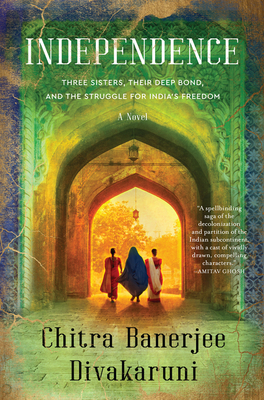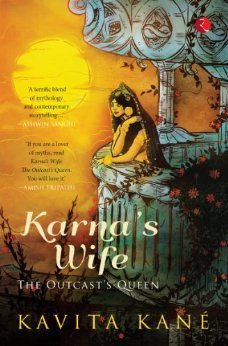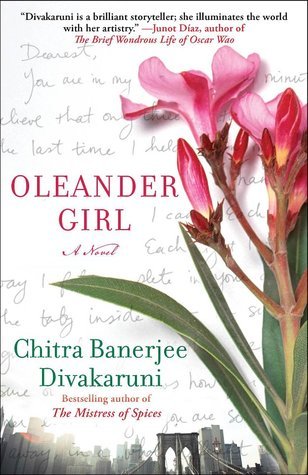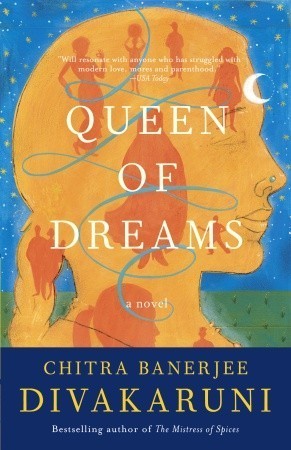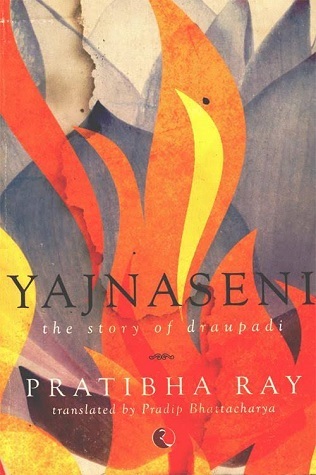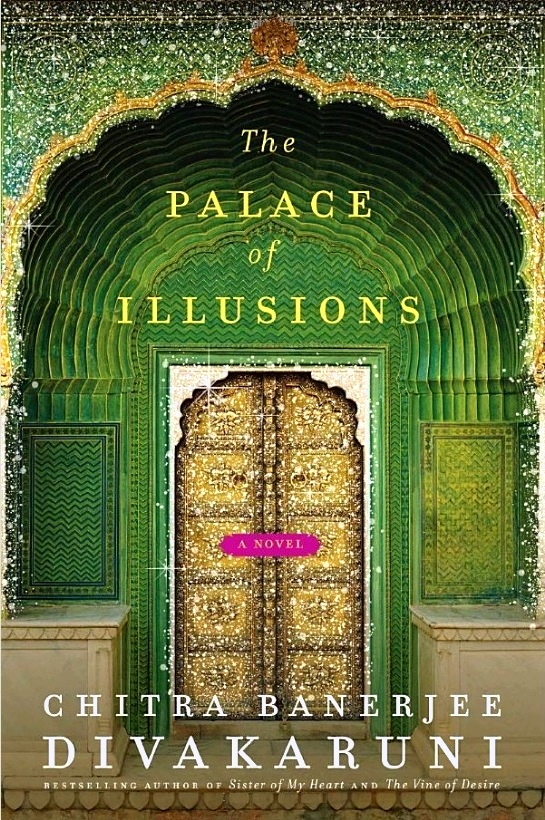
The Palace of Illusions
Book Description
In a land where love and destiny intertwine, one woman’s journey defies the boundaries of fate. The Palace of Illusions invites readers into a visually enchanting world filled with passion, betrayal, and magic, as Panchaali struggles against a patriarchal society to claim her identity. Balancing the weight of her birthright and her role in a great war, she navigates treacherous relationships with kings, warriors, and gods alike. Each choice brings her closer to power—or heartbreak. Will she emerge as a beacon of hope, or become a pawn in a game that threatens to consume her?
Quick Book Summary
"The Palace of Illusions" by Chitra Banerjee Divakaruni reimagines the epic Mahabharata through the eyes of Panchaali (Draupadi), giving her voice to recount her extraordinary life. Born from fire and prophesied to change history, Panchaali’s journey explores her complex relationships—with her five husbands, Krishna, and the women and men around her—within the rigid framework of a patriarchal society. Living in the shadow of prophecy, she navigates power, ambition, love, and betrayal, her choices and passions shaping the course of a devastating war. Through struggles with her identity and destiny, Panchaali emerges as a powerful yet flawed figure, challenging traditional narratives and seeking agency in a world governed by fate, tradition, and illusion.
Summary of Key Ideas
Table of Contents
Feminist Reimagining of Mythology
The novel breathes fresh life into the ancient Mahabharata by focusing on Panchaali (Draupadi), a woman traditionally cast in a supporting role. Panchaali’s perspective transforms the epic, revealing the ambitions, insecurities, and desires that drive her from her miraculous birth. Raised beside her brother Dhrishtadyumna and fueled by a prophecy, Panchaali’s childhood sets the stage for a lifelong struggle against the limitations imposed by her gender and societal expectations. The narrative begins in her father’s palace and quickly establishes her yearning for both independence and significance in a story that has often relegated women to the margins.
Identity, Agency, and Power
The palace of illusions itself—a marvel built by her husband’s friend Maya—becomes a symbol of Panchaali’s dreams and their fragility. As she becomes queen, Panchaali skillfully navigates the dynamics of her polyandrous marriage to the five Pandava brothers, each relationship fraught with longing, jealousy, and political tension. Panchaali’s intellectual curiosity, her sharp wit, and her sometimes impetuous nature enable her to exert a subtle but profound influence on major events, even as she grapples with feelings of isolation and the pressure of being the architects’ shared wife.
The Illusions of Love and Destiny
Interwoven throughout the narrative is Panchaali’s fraught companionship with Krishna, who offers wisdom and companionship, blurring the line between destiny and agency. Love in the novel is as elusive as truth; Panchaali harbors secret desires and faces profound betrayals, notably by Kunti, her husbands, and Karna—the mysterious warrior she feels inexorably drawn to. The illusions she constructs and the vulnerabilities she exposes demonstrate the emotional complexities of the heart in a world where women’s choices are circumscribed by tradition.
Betrayal and the Costs of Ambition
The buildup to the epic Kurukshetra war amplifies themes of ambition and betrayal. The infamous game of dice, orchestrated by Duryodhan, leads Panchaali to public humiliation, a pivotal moment that galvanizes her quest for justice and vengeance. This act deepens her resolve, but also highlights how the ambitions of men determine women’s fates. As the war approaches, Panchaali’s choices—guided by both her wounds and her foresight—influence the fate of kingdoms, ultimately testing her notions of justice, power, and forgiveness.
War, Loss, and Redemption
After the devastation of war, Panchaali reflects on loss and mortality. The palace of illusions lies in ruins, and the costs of ambition are laid bare in personal tragedy. Through redemption, she finds that true power lies in self-understanding and compassion, rather than dominance or legacy. By retelling the Mahabharata through Panchaali’s eyes, the novel confronts the roles prescribed to women, upends patriarchal norms, and invites readers to question the nature of fate, truth, and heroism in both ancient and modern contexts.
Download This Summary
Get a free PDF of this summary instantly — no email required.
